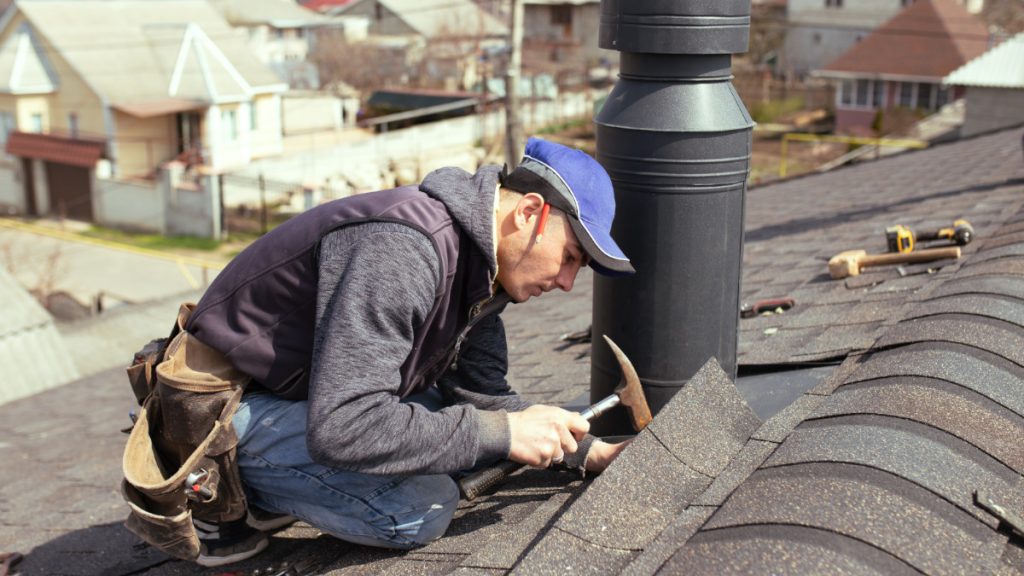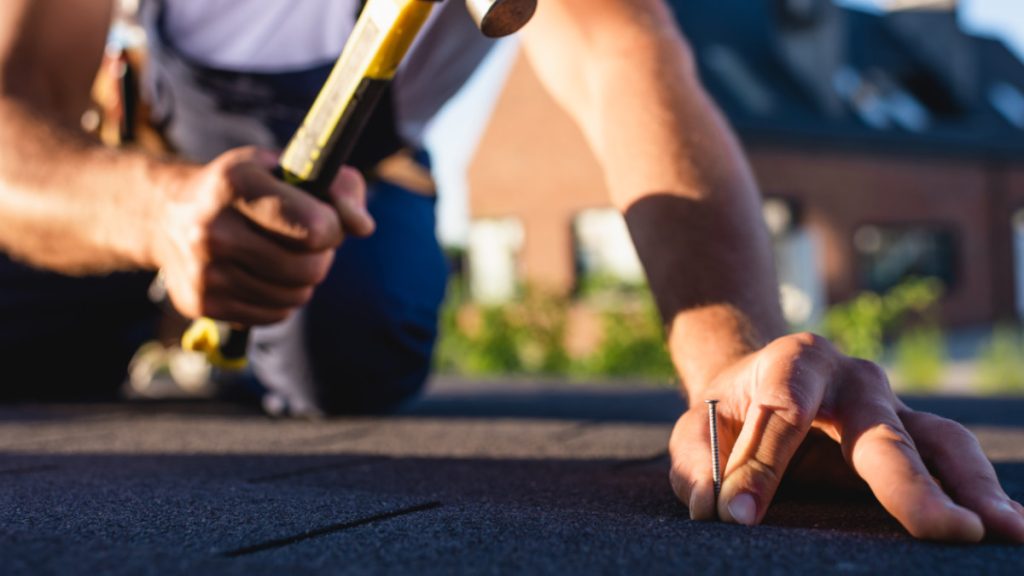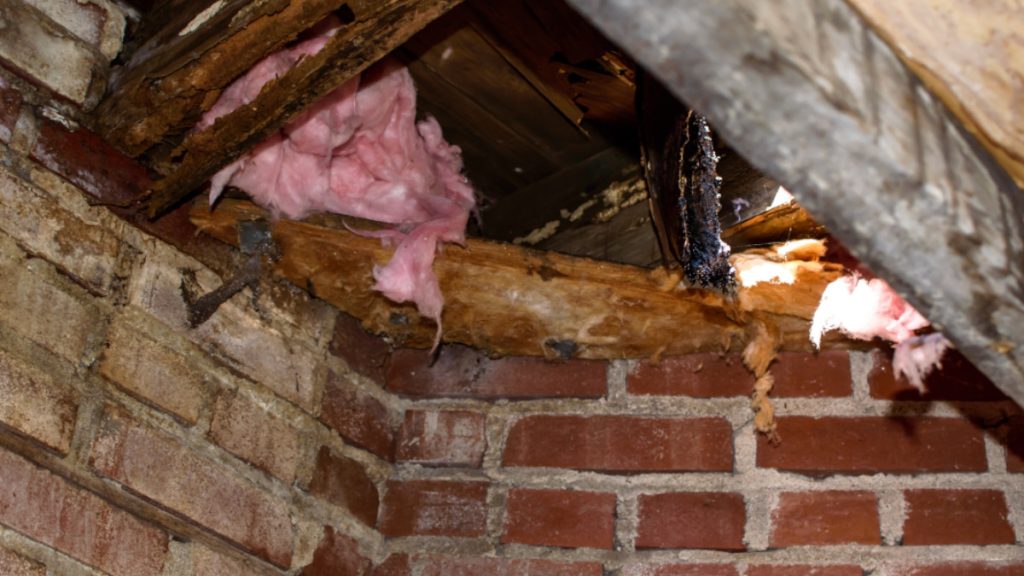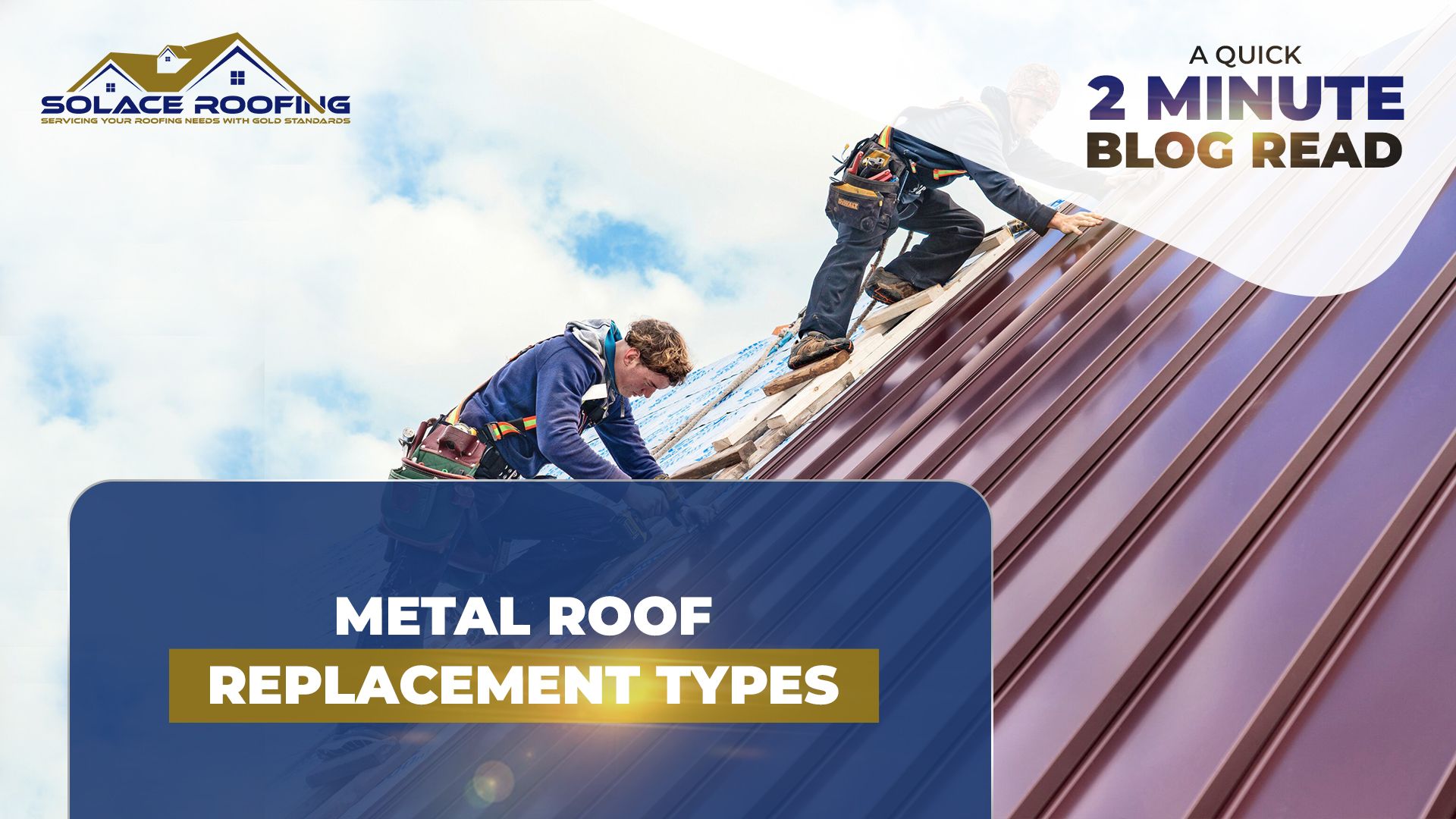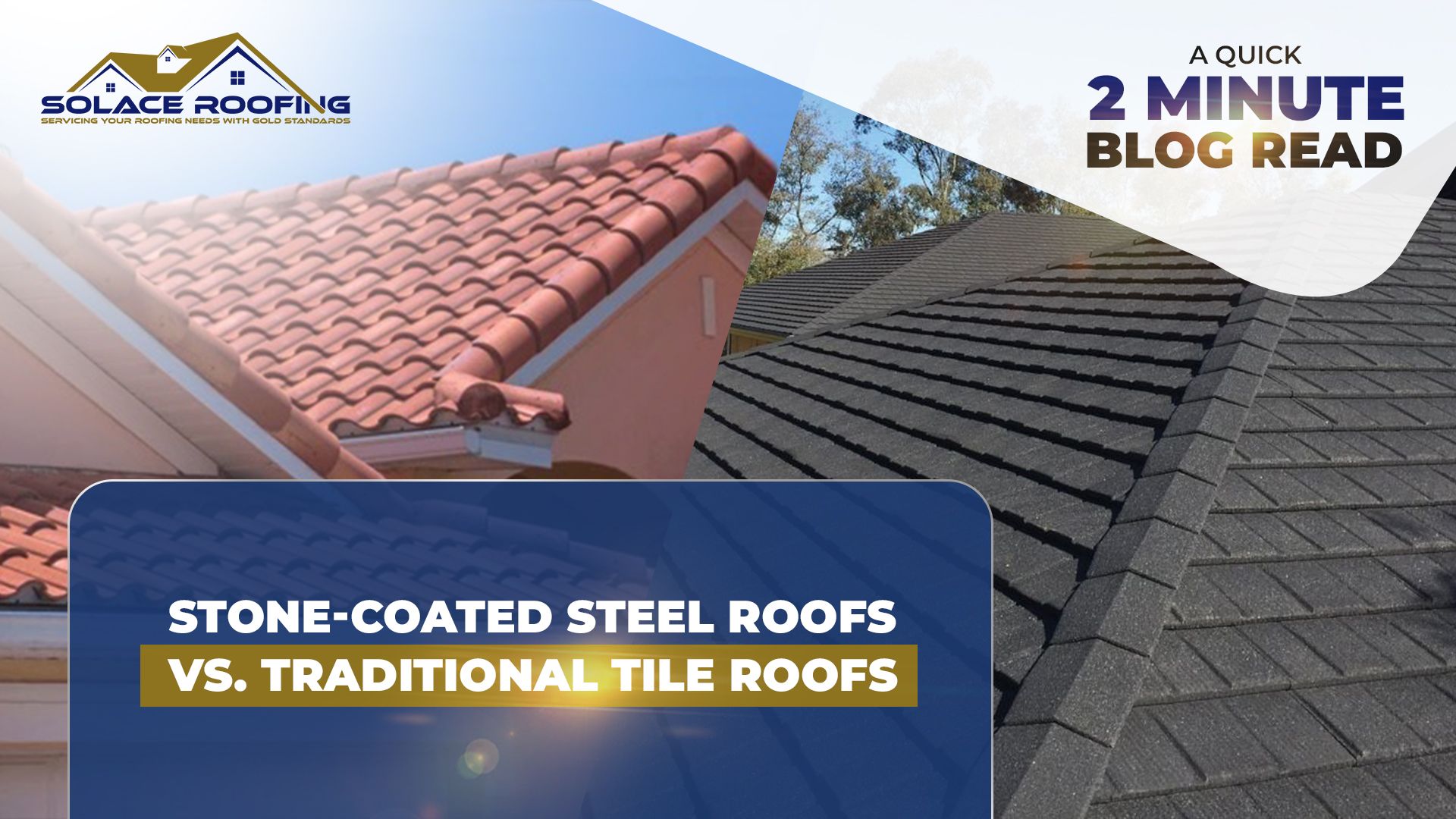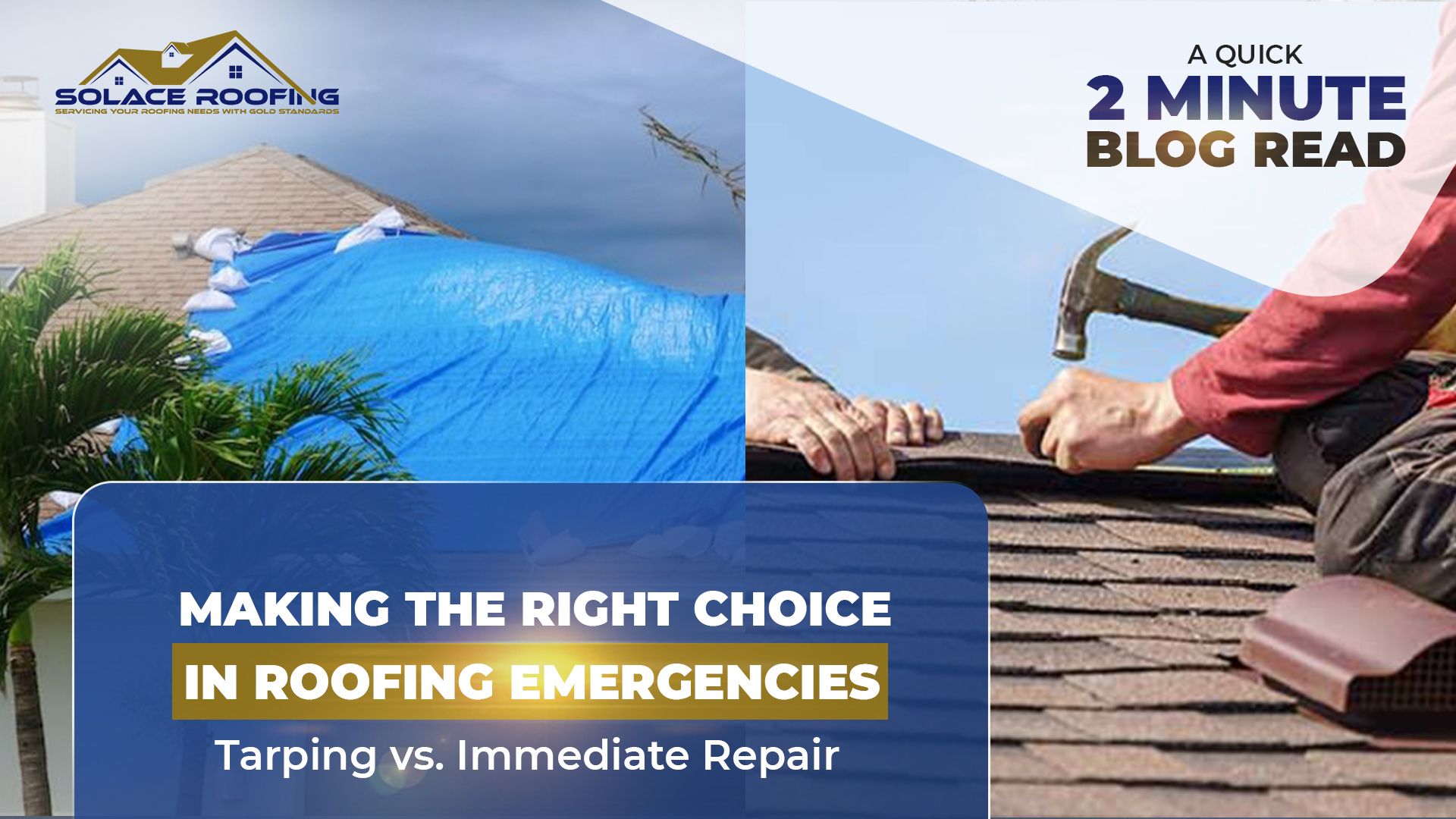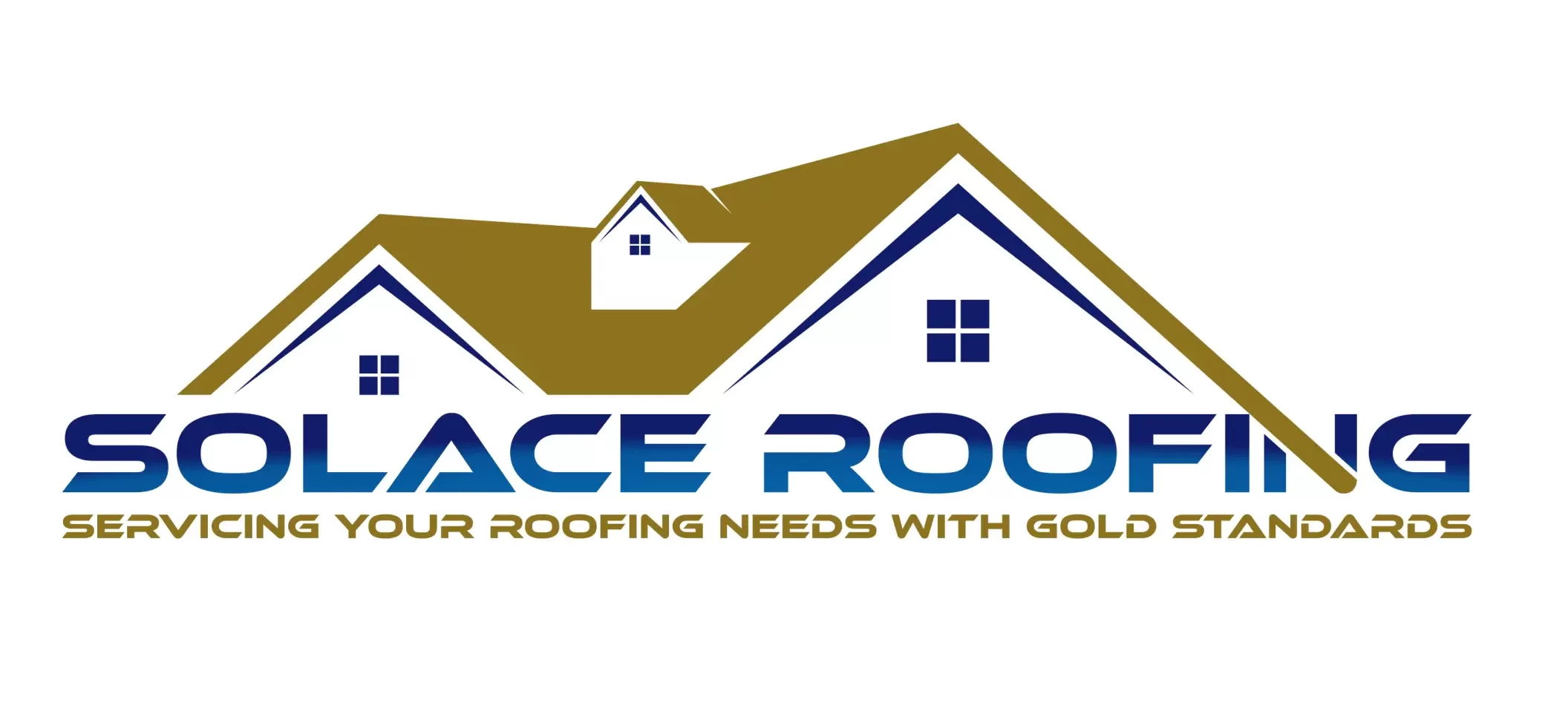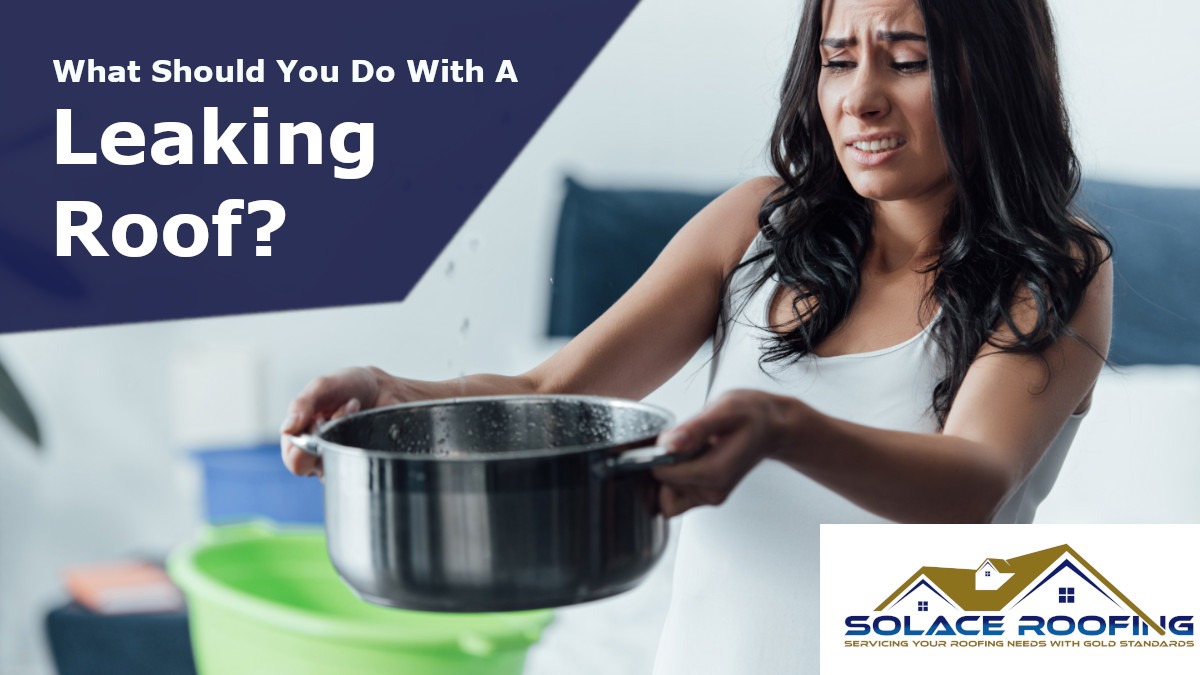
What should you do when your roof begins to leak?
Roof leaks are common during thunderstorms. In a rainy climate, leaking roofs can quickly become an emergency. It is a no-brainer to call a roofing contractor to fix your leaky roof, but there are specific things you can do to limit the damage. Roof leaks can cause far worse problems, so never wait until they occur. Fast action prevents water damage.
Your roof may be leaking. Here’s what you can do.
How Do You Deal With Roof Leaks?
You may need to hire a specialist if you are not a roofer. When it comes to potential water damage, every moment counts, and your lack of knowledge should not worsen matters. Do a few things yourself before calling the pros. Whenever you find or hear a leak, you should take action. If your roof leaks, follow these tips:
-
Detecting the leak’s location
Identifying the leaks in your roofing will prevent heavy rain leaks or dripping. Repairing a leak won’t require several tools if you find the cause.
- Your first step should be to check for roof leaks.
- Clogged gutters, pests, and plumbing problems can all cause leaks.
- Make sure you don’t have any damaged tiles or drywall on your roof.
- Safeguard your belongings
You will unlikely need to take this step if your leak occurs on the floor. You should move your furniture and belongings out of the way if the leak is over them. Your belongings – costly furniture – shouldn’t be damaged by the leak. You don’t want mildew growing on the back of your favorite chair.
Plastic covers your belongin
gs if you can’t move them. Trash bags can likely substitute for plastic sheets. It’s ideal for moving your belongings but protecting heavy items.
- Leak containment
You’ll need buckets when you move the items and find the leak. You can contain water with towels, trash bags, etc. Put trash bags or towels under buckets to prevent leaks. In buckets, you can put the wood to prevent water from dripping. As a result, the drip is quieter. If one container fills up, switch to another, and dump the water into the full one.
- Tarp up the Roof
It’s best to use a tarp if your roof is leaking. After climbing the roof, cover the problem area with a tarp. Sometimes it’s hard to find the leakage area. Look for the leak inside if you have trouble. A 6mm thick piece should cover the problem area and extend at least four feet. Ensure water won’t get under the tarp by tucking it underneath. As a result, the site is completely covered and protected around the perimeter.
- Photo-taking for insurance
If you have a leaky roof, your home insurance may cover it. Photograph damage and leaks so your insurance company can see them. You can ask your insurance agent about what your policy covers in case of a leaky roof if you’re unclear.
- Find a Pro Roofing Contractor
The cause of a leaky roof is usually structural damage. All leaks are not the same. A roofing expert may be able to detect the leak by themselves. For this, you should hire a professional. Invest in a reputable pro roofing company. Specifically, they will know about roof codes, paperwork, and installation concerns. If your roof leaks after a storm, many roofing companies can help. Roofing professionals inspect your roof from all sides. You’ll get an estimate. Consider getting a second opinion.
Regular Roof Maintenance
There is more work to do once the roof is fixed. You can control leaks by doing routine maintenance. Despite its harsh outside environment, your roof takes a lot of abuse. Maintaining your roof includes:
- Cut back any branches and limbs that have grown too close to your roof
- Be sure gutters and downspouts are not clogged. Your house must allow water to drain away.
- Look for loose or missing shingles after severe weather
- Fixing curled or split shingles
Note: The shingles are weakened by rain, snow, and hail.
Maintain your roof to keep your house in better shape. A new roof is a wise investment when the time comes. Avoid stress and headaches by being proactive.
Choosing a Roofing Contractor
Contractors are often chosen based on price. In life, what you pay for is what you get. Roofing companies with low costs but no list of satisfied customers are likely to provide shoddy work. Before hiring a roofer, ask these questions:
- Roofing Contractor Experience
To avoid paying damages, ghost contractors often close up and reopen under different names. Hire an experienced and reputable contractor to avoid such fraudsters.
- Verify insurance and licensing
You should never try to do roofing on your own. Safety gear, tools, and materials are needed; experience counts. Roofers with good reputations hold licenses and permits. A quality roofer will have all the required insurance if someone gets hurt during roofing installation. Whenever you work with a contractor, make sure they are insured.
- Document financing agreements
Before starting a roofing installation, you must understand the financing terms, and the roofing company should assign an experienced employee to assist you. A contract should not be confusing or unclear.
- Review previous projects
Providing a service requires a good re
putation. Reviews from other homeowners? Obtain a list of past customers by searching online or asking the company.
- Invest in quality
It’s common to be told to get three estimates when undertaking a home renovation project. But why three? No one appears to know. A roofing contractor doesn’t have to give you three or even two estimates. Talk to prospective roofing companies until you have all the information you need.
- Discuss unplanned repairs
Emergency repairs are more common than planned repairs. It’s common to find more problems after ripping out cabinets or demolishing walls. The same is true for roofs. Water damage or rotted boards can require repair before further damage occurs. Roofers should handle emergency repairs.
Roof leak hazards
There’s nothing more frustrating than a roof leak. Things to watch out for:
Infectious molds
- Uncorrected leaks can cause mold. Mold and mildew breed in moisture.
- Wall coverings and hardwood framing will be destroyed by mold.
- Your home’s property value can be affected by mold.
Damage to insulation
- There is a risk of water leaks in your loft. As a result of leaks, attic ventilation can affect home comfort
- It also ruins the ceiling. Water leaks leave brown stains on ceilings, ruin paint, and bulge plaster.
Electricity & Fire Hazards
Water leaks can cause fires if they get into your home’s wiring. Short circuits tend to spark the surrounding area. Moreover, it can electrocute.
- Costlier energy
Water build-up can ruin insulation and increase energy bills. It will affect your utility bill.
Final Thoughts
Finding a roof leak requires knowing what to do. Preventing roof leaks requires precautions. With these tips, you can simplify your life.

